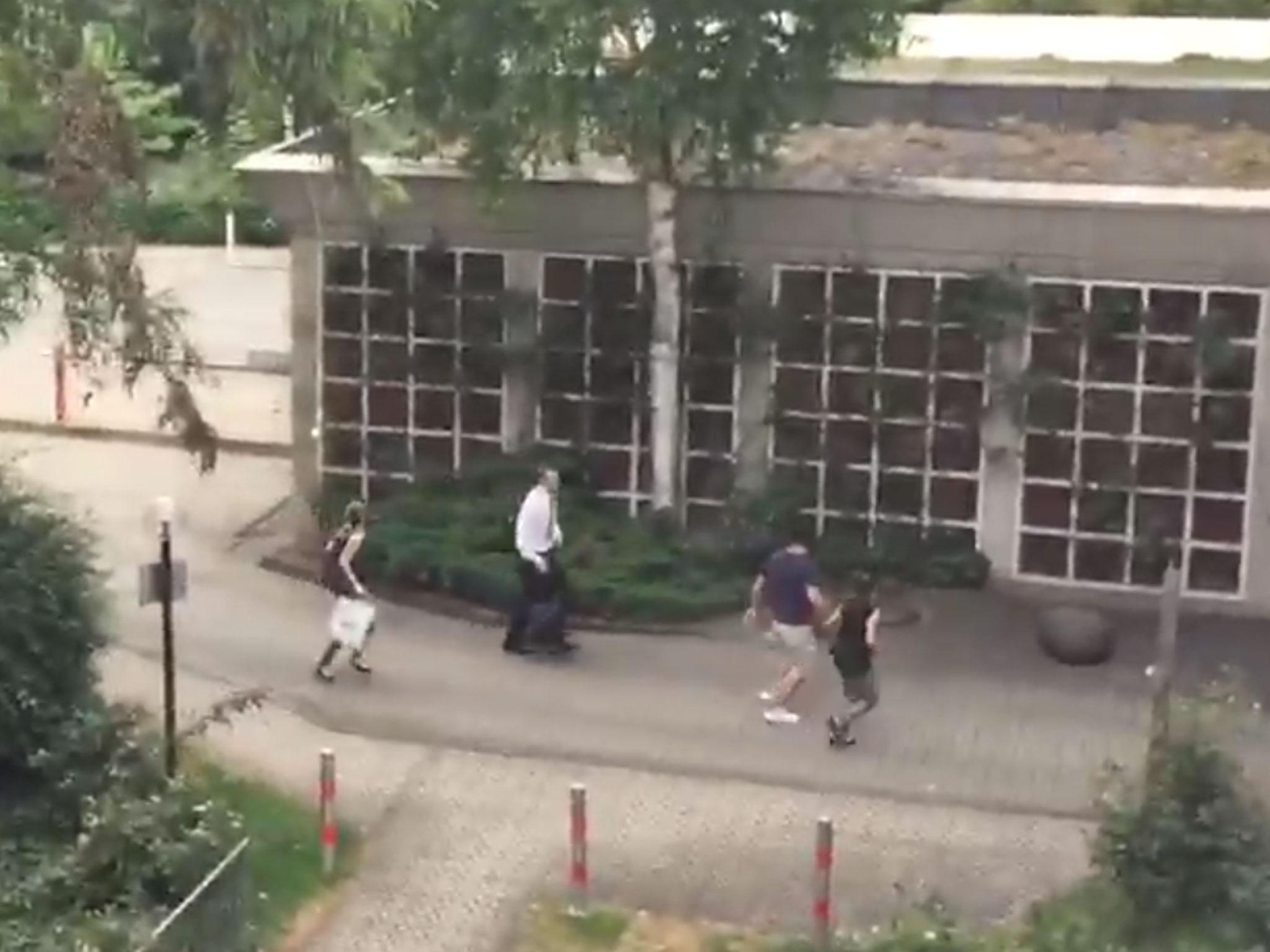Continuous attacks are changing the way of life on the continent
The approaching elections in Germany, France and America will have one theme in common: societies and political systems struggling to come to terms with a disaffected population that feels excluded and ignored

The fact that the lone gunman, Ali Sonboly, who took at least 10 lives in Munich was, at least nominally, a Muslim, and that he committed an act of terror did not make this an act of Islamist terrorism.
Still less did it constitute an attack organised or even inspired by Isis, given the young man’s Iranian and Shia heritage. That does not mean, though, that it lacks any political consequence or meaning.
Germany has shown the world a moral lead in its attitude to the Syrian refugee crisis, and much of the influx has been centred on Munich and Bavaria more widely. This outstanding humanity has not been popular in all quarters, and the fact that this deranged young man declared himself a German, and that he was born and brought up in Germany, will do nothing to prevent the exploitation of his otherness for political ends.

Like the lone young Afghan lashing out with knives, it can only feed Islamophobia, just as incidents in Nice, Paris, Brussels, Orlando and in Florida will do so.
The approaching elections in Germany, France and the US, though so different in many ways, will have one theme in common with the British EU referendum: of societies and political systems struggling to come to terms with a disaffected population that feels excluded, "left behind" and ignored by political elites. They represent a receptive audience for demagogic leaders on the make. The rise of Ukip and Donald Trump is well documented. No one would be greatly surpised if Marine Le Pen's Front National and the Alternative for Germany party also made gains at the ballot box.
Disaffection is curiously mirrored between what's termed the "white working class" and among the sons and daughters of migrants who feel alienated from their societies. For neither have the doctrines of democracy, globalisation and progressive politics delivered jobs and the wherewithal to share in the prosperity enjoyed by others. So they look to do something about it. When the disaffection becomes a form of mental illness, compounded often by family breakdown and drug and alcohol abuse, the turn of events becomes unpredictable.
It becomes especially violent, with the capacity to take the lives of others with the suicidal perpetrators in places where guns are easily obtained. The point about that in the American context hardly needs labouring. What seems to have been happening in continental Europe is an enlarged trade in weapons from the East, and especially from the Balkans wars of 20 years ago.
The principle of free movement of people and the passport-free Schengen zone may, in truth, have comparatively little to do with this, but those pillars of the EU will come under intense pressure once again. Even Angela Merkel, whose calm leadership seems to transcend the usual laws of politics, may not be able to resist the pressure to change things. The British have already decided to; the Hungarians are holding a referendum on migrant control soon.
The fact is that a frightening set of factors have conspired to create the conditions for an almost permanent scale of low-level violence in towns and cities in Europe that have been free from trouble since 1945. There will be no mass insurgencies as we see in Iraq, say, and in their the day-to-day experiences Europeans will be less bothered than, say, Israelis or the Northern Irish during the Troubles.
But a way of life is changing.
Join our commenting forum
Join thought-provoking conversations, follow other Independent readers and see their replies
Comments
Bookmark popover
Removed from bookmarks